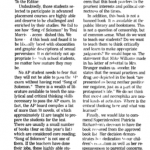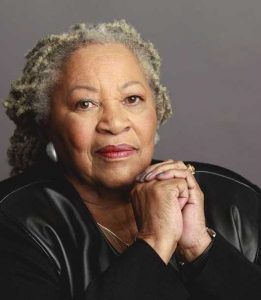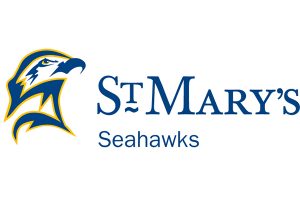September 15, 1997
Dear Dr. Weiland:
Recently it has come to my attention that one of the books selected for the AP 11 English class was Song of Solomon by Toni Morrison. My son came to me after having read this book and commented on the language and situations in it. To be honest, he labeled the book as “trash”. I too have read this book and have come to the conclusion that it most definitely is not an appropriate book for high school students.
There are many mature themes running throughout this book including: incest, descriptions of explicit sex, implied sex, promiscuous sex, public urination, slang terms for male and female genitalia not to mention the liberal use of extremely foul language. I have found all of those to be totally offensive and should not be taught in a public high school.
The theme of incest begins with the main character’s (Milkman) mother nursing him to an age most people would consider to be inappropriate. The entire scene implied that the child’s mother got sexual satisfaction out of it (pp.13-15; 77-78). Later, this same mother (Ruth) had an unnatural attraction to her father. Her father died and Ruth’s husband discovered her naked in his deathbed, kissing him and keeping her fingers in the corpse’s mouth (p.73). Another example of incest would be the sexual relationship between milkman and his cousin, Hagar and the various descriptions of their activities (pp.69, 91-92; 97-98).
There is a description of the undressing of Ruth by her husband (Milkman’s father) and how he “entered her and ejaculated quickly” (p.16). According to the book, Milkman was twenty-two and had been sexually active (an obscenity was used) for six years (p.64). He jumped into bed easily with other women (pp.285; 298). These are only a few examples of explicit sex, promiscuous or casual sex.
In one part of the book, there is a description of public urination (p.25) laced with sexual innuendo and foul language. Throughout the book, many derogatory and slang terms are used for male and female genitalia (cunt, cock, dick, pussy). One of the more offensive sections can be found on page 267. There are many more examples of objectionable material in this book, too numerous to mention. While the author’s intention may have been to indicate that the black community needs to take responsibility for its problems and that the main character, Milkman finally figured out what really is important, the end doesn’t justify the means.
I find it somewhat ironic that the language in this book would more than likely result in a student’s suspension if used in school towards another student or teacher. It is also ironic that with today’s concern on reducing teen pregnancy and sexually transmitted diseases that this book does nothing to discourage this. I think that most parents would agree with me- if they knew what was in this book! I would surmise most parents do not know the details. Teenagers do not have the emotional maturity and experience to deal with these issues, no matter how precocious they may be intellectually. Therefore I must insist that this book be removed immediately from the approved AP reading list. It is too late for this year’s students but perhaps next year’s………..
Finally, I would like to be included in any review of this book that this letter many generate and I would also like to know what other books have been chose for this year’s study in both the AP 11 and 12 English classes. I look forward to hearing from you and thank you for your consideration in this matter.
Sincerely,
Bernadette Williamson
This is an article Bernadette Williamson and her husband Mike Submitted to the Enterprise.
To the Editor:
Undoubtedly, those students selected to participate in advanced placement courses are highly able and deserve to be challenged and enriched by their students. We fail to see how “Song of Solomon” by Toni Morrison … We have had this book and found it to be literally laced with obscenities and graphic descriptions of sexual perversions. It is definitely not appropriate for high school students, no matter how mature they may be. No AP students need to fear that they will not be able to pass the AP exam without having read “Song of Solomon.” There is a wealth of literature available to teach the analytical and critical thinking skills necessary to pass the AP exam. In fact, the AP board compiles a list of more than 70 novels, of which approximately 12 are taught to prepare the students for the test. There are usually a small number of books (four on this year’s list) which are considered core reading: “Song of Solomon” is not one of them. If the teachers have done their jobs, these highly able students should be able to critically analyze any passage on the test. Hopefully, they will be able to discern that this book panders to the prurient interests and political correctness of the times. In addition, this book is not a banned book. It is available at the public library and bookstores. This is not a question of censorship, but of common sense. What do we want to teach our students? Do we want to teach them to think critically and learn to make appropriate judgments? We would hope so. The statement that Mike Williams made in his letter of rebuttal to Mrs. Brunger makes us wonder. He states that the sexual practices and drug use depicted in the book “are presented as being neither positive or negative, just as a part of the protagonist’s life.” We do not think that incest and necrophilia are neutral kinds of activities. Where is the critical thinking here and what was learned. Finally, we would like to commend Superintendent Patricia Richardson’s decision to have the book removed from the approved list. Her decision demonstrates her dedication as well as her responsiveness to our children’s education to parental concerns. We wholeheartedly thank her. Mike and Bernie Williamson California.






